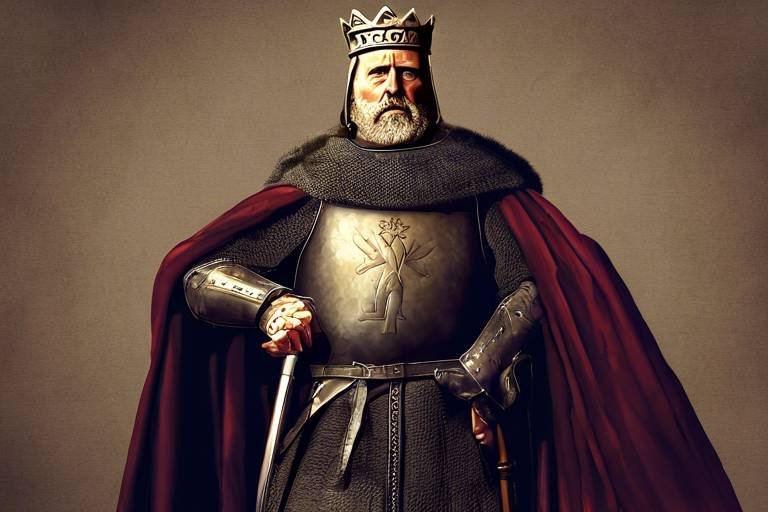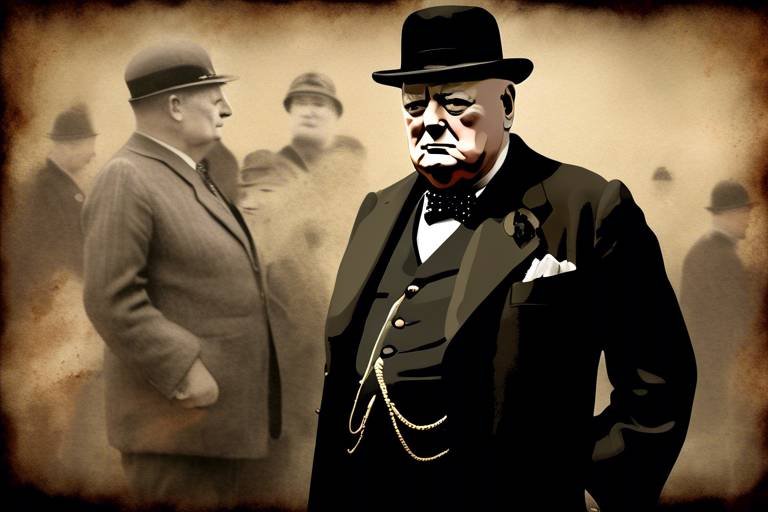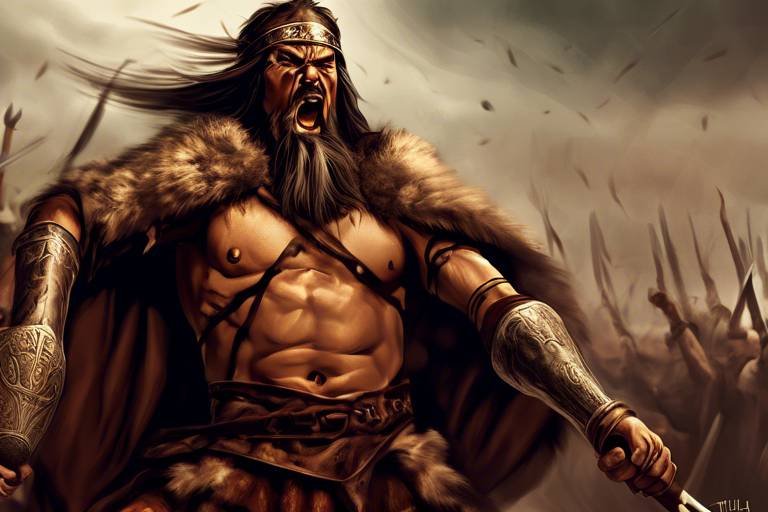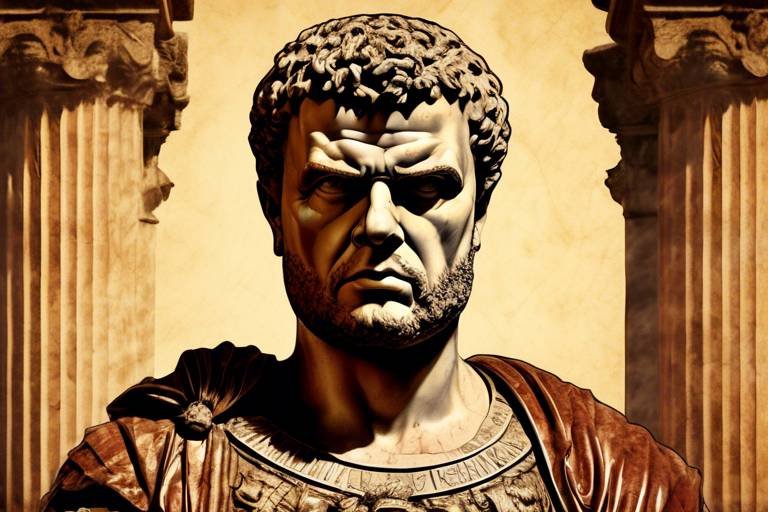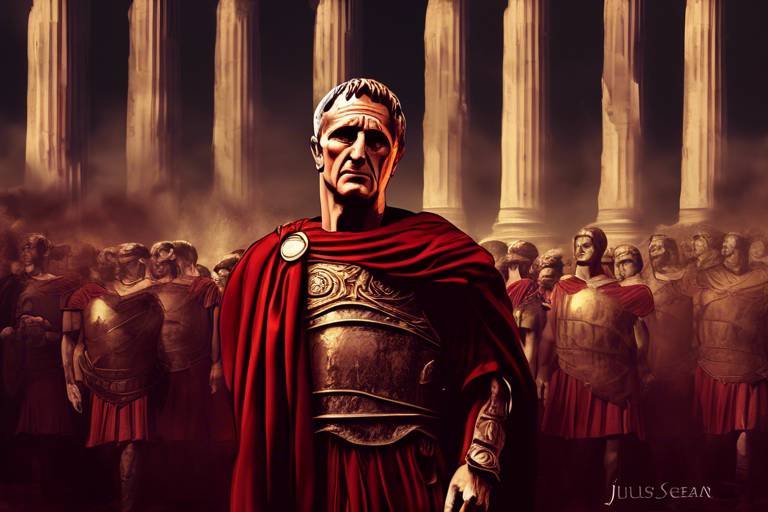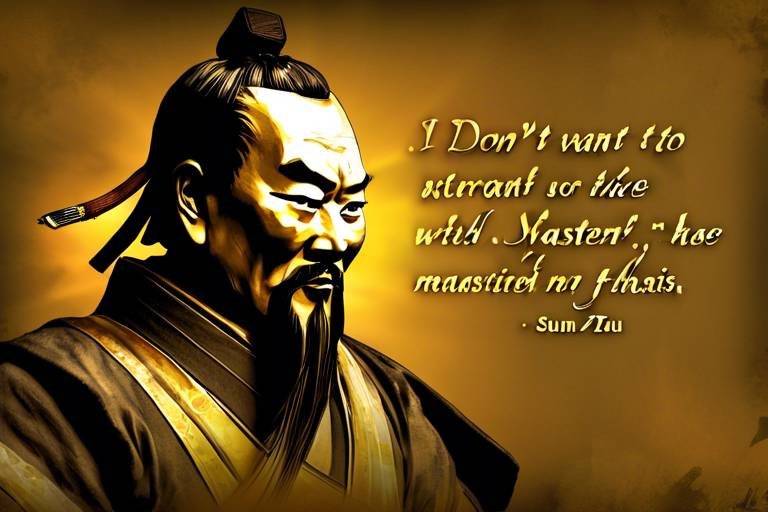Domitian: The Emperor of Absolute Power
Domitian, the Roman Emperor known for his absolute power and autocratic rule, rose to prominence through a tumultuous period in Roman history. His reign, marked by centralization of authority and authoritarian measures, left a lasting impact on the empire and its governance. Domitian's policies and actions reverberated through the political, social, and cultural fabric of Rome, shaping the course of history for years to come.
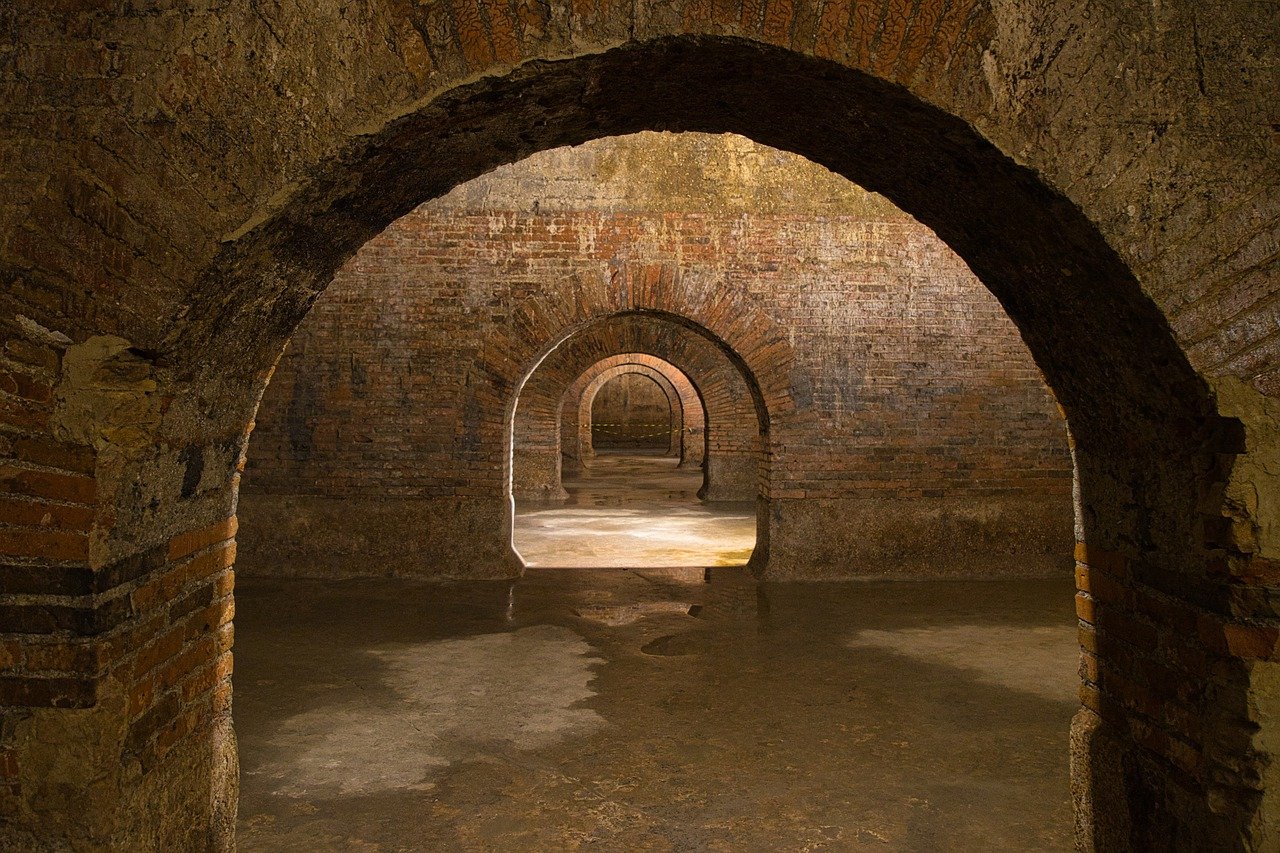
Reign of Domitian
During the reign of Domitian, the Roman Empire witnessed a period of absolute power and centralization under his autocratic rule. Ascending to the throne in 81 AD after the assassination of his brother Titus, Domitian immediately set out to consolidate his authority and establish a strong grip on the empire. His governance style was characterized by a firm hand, strict adherence to laws, and a focus on maintaining control over all aspects of Roman life.
Domitian's policies aimed at strengthening the empire both internally and externally. He implemented economic reforms to stabilize the economy, undertook ambitious public works projects to enhance infrastructure, and enforced strict religious policies to maintain social order. Domitian also expanded the borders of the Roman Empire through military conquests, further solidifying Rome's dominance in the ancient world.
The impact of Domitian's rule reverberated throughout the Roman Empire, shaping its political, social, and economic landscape. His authoritarian measures polarized society, with some viewing him as a strong leader who brought stability, while others criticized his autocratic tendencies. Domitian's decisions had far-reaching consequences that influenced the trajectory of the empire for years to come.
Domitian's relationship with the Senate was marked by tension and conflict. As a ruler who centralized power in his own hands, he often clashed with the senatorial class, challenging their authority and diminishing their influence in governance. This strained relationship with the Senate had implications for the balance of power within the Roman political system.
On the military front, Domitian led successful campaigns in Germany, Dacia, and Britannia, expanding the empire's borders and securing strategic territories. His military strategies were marked by a combination of tactical prowess and ruthless determination, earning him a reputation as a formidable commander in Roman history.
Domitian's cultural achievements also left a lasting impact on Roman society. His patronage of arts, literature, architecture, and gladiatorial games enriched the cultural landscape of the empire, fostering a vibrant artistic scene that defined the era. Domitian's support for cultural endeavors contributed to the flourishing of creativity and innovation during his reign.
Despite his controversial legacy, Domitian's reign had a significant influence on subsequent emperors and the governance structures of the Roman Empire. His policies and actions set a precedent for the exercise of imperial power, shaping the way future rulers approached leadership and administration. The legacy of Domitian continues to be a subject of historical debate and interpretation.
The assassination of Domitian in 96 AD marked the end of his reign and ushered in a new era for the Roman Empire. The circumstances surrounding his death, including the involvement of conspirators and the motives behind the plot, remain shrouded in mystery. The aftermath of his assassination led to political upheaval and a period of uncertainty as the empire grappled with the consequences of his demise.
Historical perspectives on Domitian's reign vary widely, with some accounts portraying him as a tyrant who abused his power, while others offer a more nuanced assessment of his achievements and policies. The diverse interpretations of Domitian's legacy reflect the complexity of his rule and the enduring impact he had on Roman history.
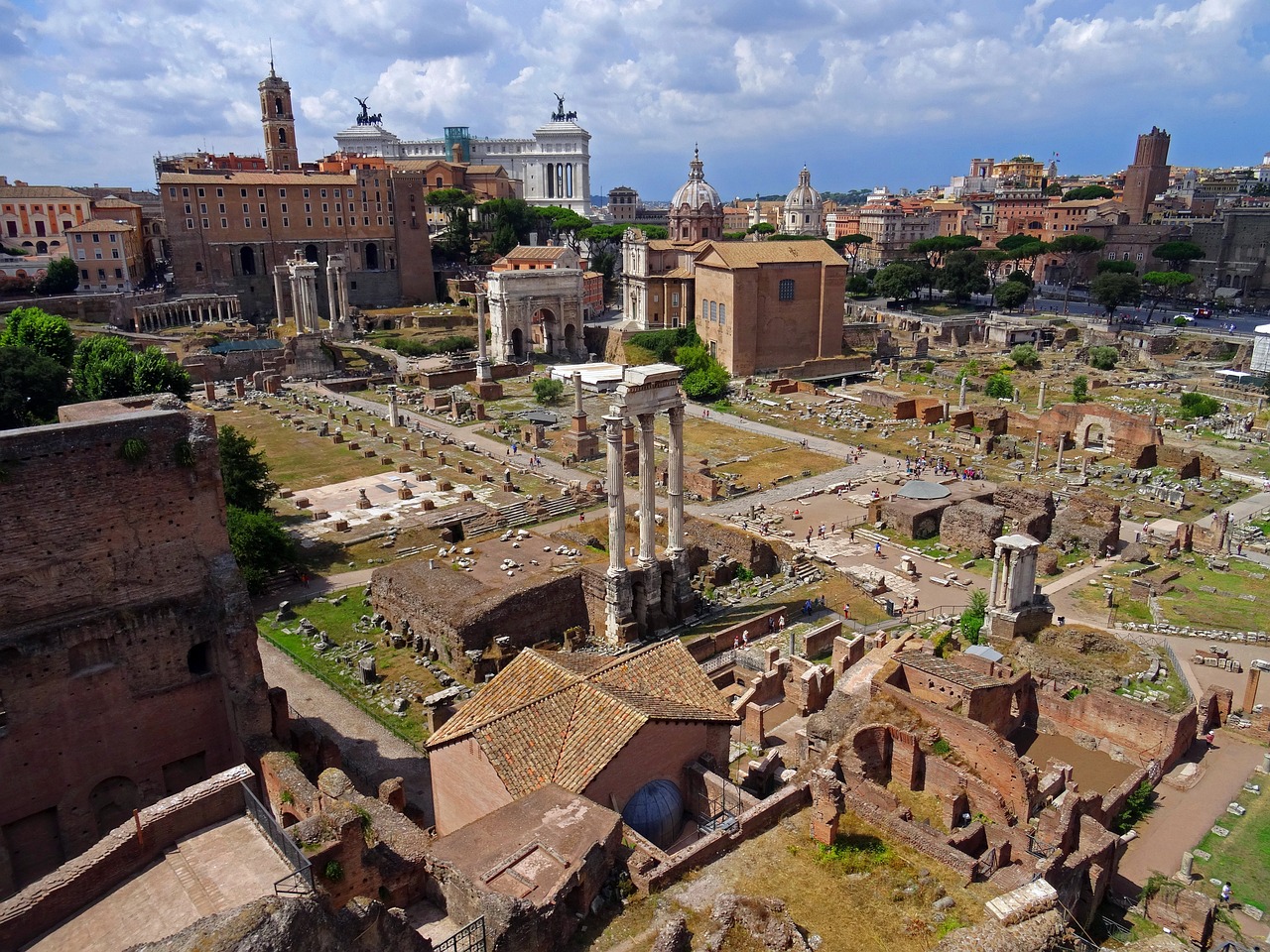
Domitian's Policies
During his reign, Domitian implemented a series of policies that aimed to solidify his power and leave a lasting impact on the Roman Empire. His domestic policies focused on strengthening the economy through initiatives such as currency reform and increased taxation. Domitian also invested heavily in public works projects, such as the construction of roads, aqueducts, and public buildings, to showcase his commitment to the well-being of the empire.
On the foreign front, Domitian pursued an expansionist agenda, seeking to increase Roman territory and influence. His military campaigns in regions like Germany, Dacia, and Britannia were aimed at securing strategic advantages and asserting Roman dominance. Domitian's policies regarding religious practices were also notable, as he emphasized the worship of the imperial cult and sought to elevate his own divine status.
Furthermore, Domitian's approach to governance was marked by a centralized authority, with decision-making power concentrated in his hands. This autocratic style of leadership allowed Domitian to exercise absolute control over the empire, often bypassing traditional institutions like the Senate to enact his policies swiftly and decisively.

Impact on the Roman Empire
Domitian's impact on the Roman Empire was profound and multifaceted, leaving a lasting imprint on the political, social, and economic fabric of the ancient world. As the third and final emperor of the Flavian dynasty, Domitian's reign marked a period of both stability and authoritarian rule, characterized by his efforts to centralize power and assert his authority over the vast territories of the Roman Empire.
One of the key aspects of Domitian's impact on the Roman Empire was his approach to governance, which emphasized a strong centralized administration and strict enforcement of laws. By consolidating power in the hands of the emperor, Domitian sought to maintain order and control over the diverse provinces of the empire, often at the expense of traditional Republican institutions and senatorial influence.
Domitian's economic policies also had a significant impact on the Roman Empire, as he implemented reforms aimed at bolstering the treasury and funding ambitious public works projects. His emphasis on fiscal responsibility and infrastructure development helped stimulate economic growth and improve the overall prosperity of the empire during his reign.
Furthermore, Domitian's military campaigns and conquests in regions such as Germany, Dacia, and Britannia expanded the borders of the Roman Empire, solidifying its dominance in Europe and showcasing the military might of Rome under his leadership. These victories brought both glory and resources to the empire, further enhancing its power and influence on the world stage.
In addition to his political and military impact, Domitian also left a lasting legacy in the cultural sphere of the Roman Empire. Through his patronage of the arts, literature, and architecture, he fostered a vibrant cultural environment that celebrated Roman achievements and promoted artistic expression. Domitian's sponsorship of gladiatorial games and public spectacles further endeared him to the Roman populace, solidifying his image as a powerful and benevolent ruler.
Despite his achievements and contributions, Domitian's authoritarian rule and conflicts with the Senate generated controversy and resentment among the Roman elite, leading to his eventual assassination in 96 AD. The aftermath of his death ushered in a period of political upheaval and transition, as the Roman Empire grappled with the legacy of his reign and the implications of his policies on future governance.
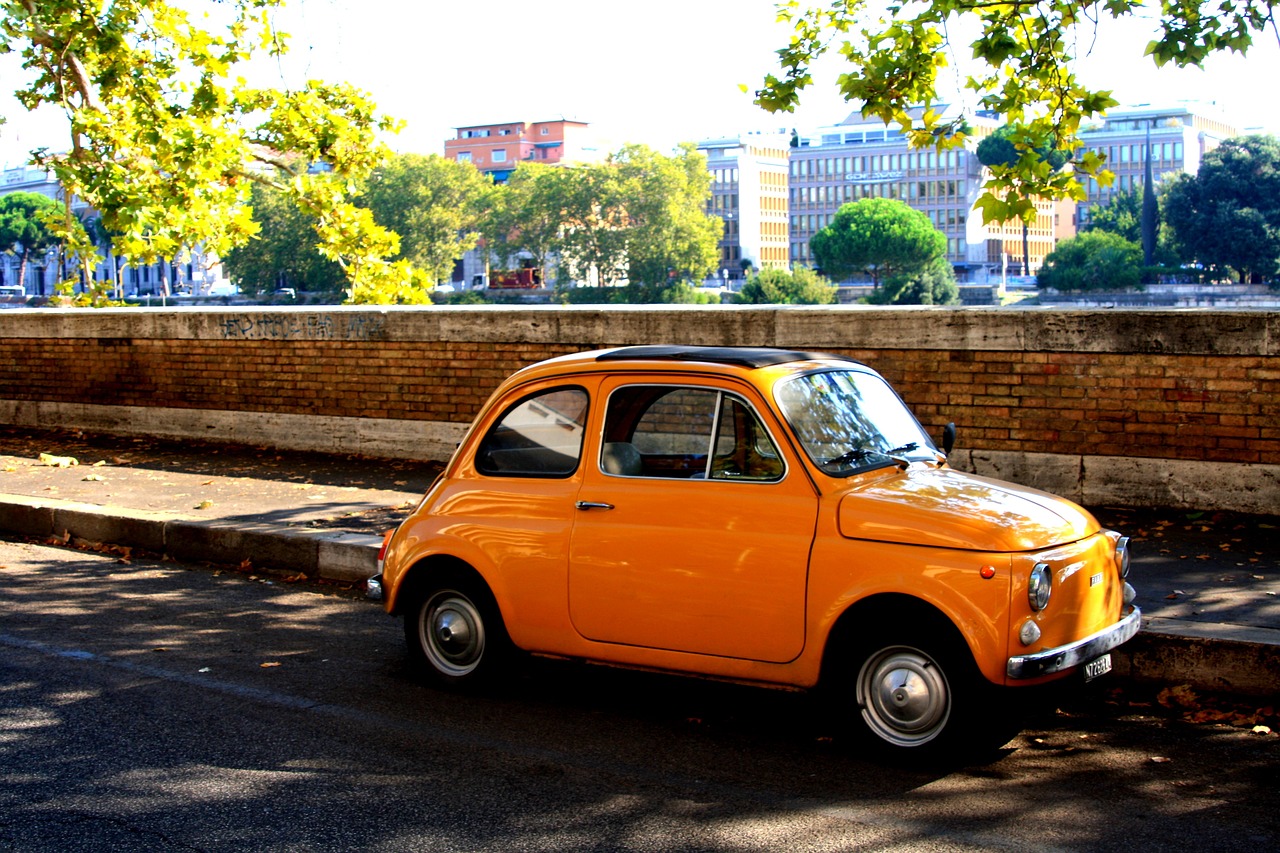
Relationship with the Senate
Domitian's relationship with the Roman Senate was characterized by tension and conflict, stemming from his authoritarian rule and perceived disregard for senatorial authority. Unlike his predecessors who often sought the Senate's approval and cooperation, Domitian preferred to govern with absolute power, making decisions unilaterally and marginalizing the Senate's influence.
This strained relationship was exacerbated by Domitian's suspicions of senatorial opposition and conspiracies against him, leading to a series of purges and executions of perceived threats within the Senate ranks. The Senate, accustomed to a degree of autonomy and participation in governance, found itself increasingly marginalized and disempowered under Domitian's reign.
Domitian's authoritarian tendencies and confrontational approach towards the Senate created a climate of fear and mistrust among senators, who faced the constant threat of retribution if perceived as disloyal or critical of the emperor. This atmosphere of suspicion and intimidation further strained the already fragile relationship between Domitian and the Senate.
Despite these tensions, Domitian also utilized the Senate for symbolic purposes, seeking its approval for certain policies or initiatives to maintain a semblance of legitimacy. However, these gestures were often perceived as superficial and did little to alleviate the underlying distrust and animosity between the emperor and the Senate.
Ultimately, Domitian's authoritarian governance style and contentious relationship with the Senate contributed to his reputation as a tyrant in historical accounts. His disregard for senatorial traditions and norms, coupled with his ruthless suppression of dissent, left a lasting impact on the dynamics of power within the Roman political system.
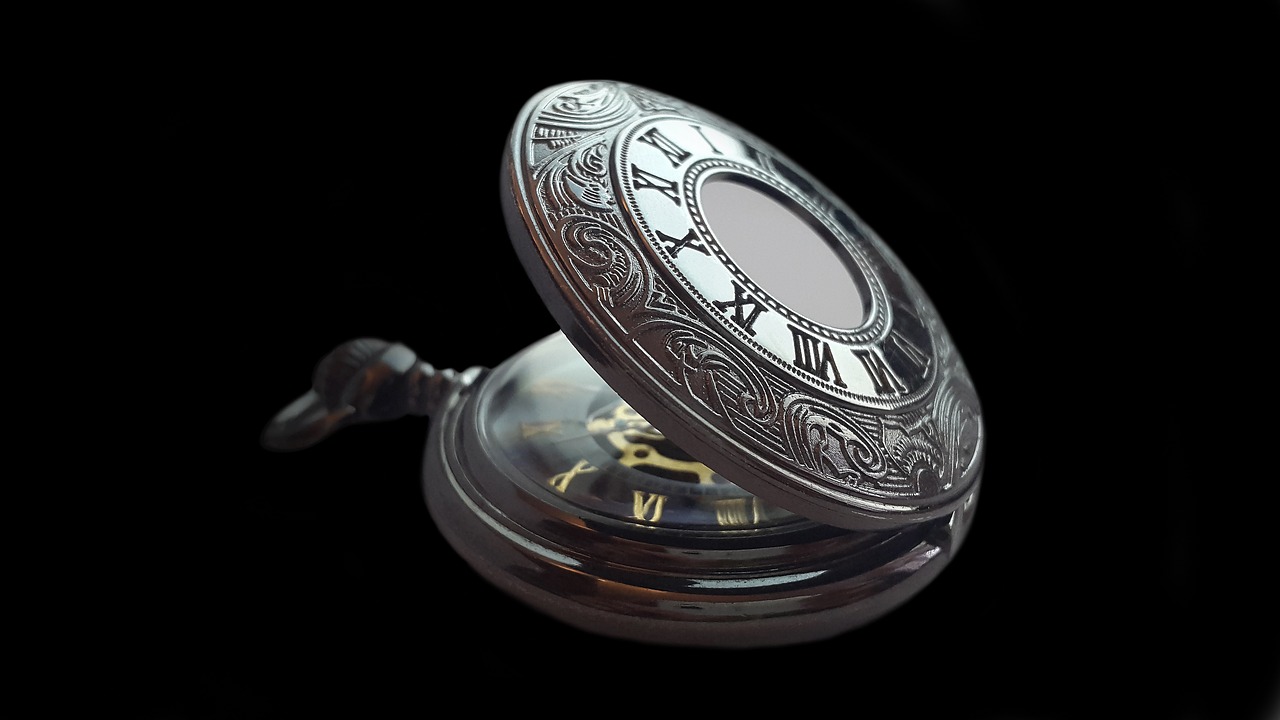
Military Campaigns
Topics to be discussed in the article include the reign of Domitian, his policies, impact on the Roman Empire, relationship with the Senate, military campaigns, cultural achievements, legacy, assassination, and historical perspectives.
Domitian's military campaigns were marked by strategic brilliance and decisive victories that left a lasting impact on the Roman Empire. One of his notable campaigns was in Germany, where he led successful military expeditions to secure the Roman borders and expand the empire's territories. Domitian's meticulous planning and command of the legions ensured that the Roman presence in Germany remained strong and formidable.
Furthermore, Domitian's campaigns in Dacia showcased his military prowess and determination to subdue external threats to the empire. His conquest of Dacia not only brought valuable resources and territory under Roman control but also demonstrated his commitment to expanding Rome's influence in the region. The military achievements in Dacia solidified Domitian's reputation as a capable commander and a leader who prioritized the security and prosperity of the empire.
In Britannia, Domitian's military campaigns were characterized by swift and decisive actions that secured Roman control over the province. His strategic maneuvers and engagement with local tribes ensured stability in the region and reinforced Roman authority in Britannia. Domitian's military successes in Britannia contributed to the overall strength and dominance of the Roman Empire during his reign.
Overall, Domitian's military campaigns were instrumental in safeguarding the borders of the Roman Empire, expanding its territories, and asserting Roman power in key regions. His strategic vision and leadership on the battlefield solidified his reputation as a formidable military commander and a ruler who prioritized the security and defense of the empire.
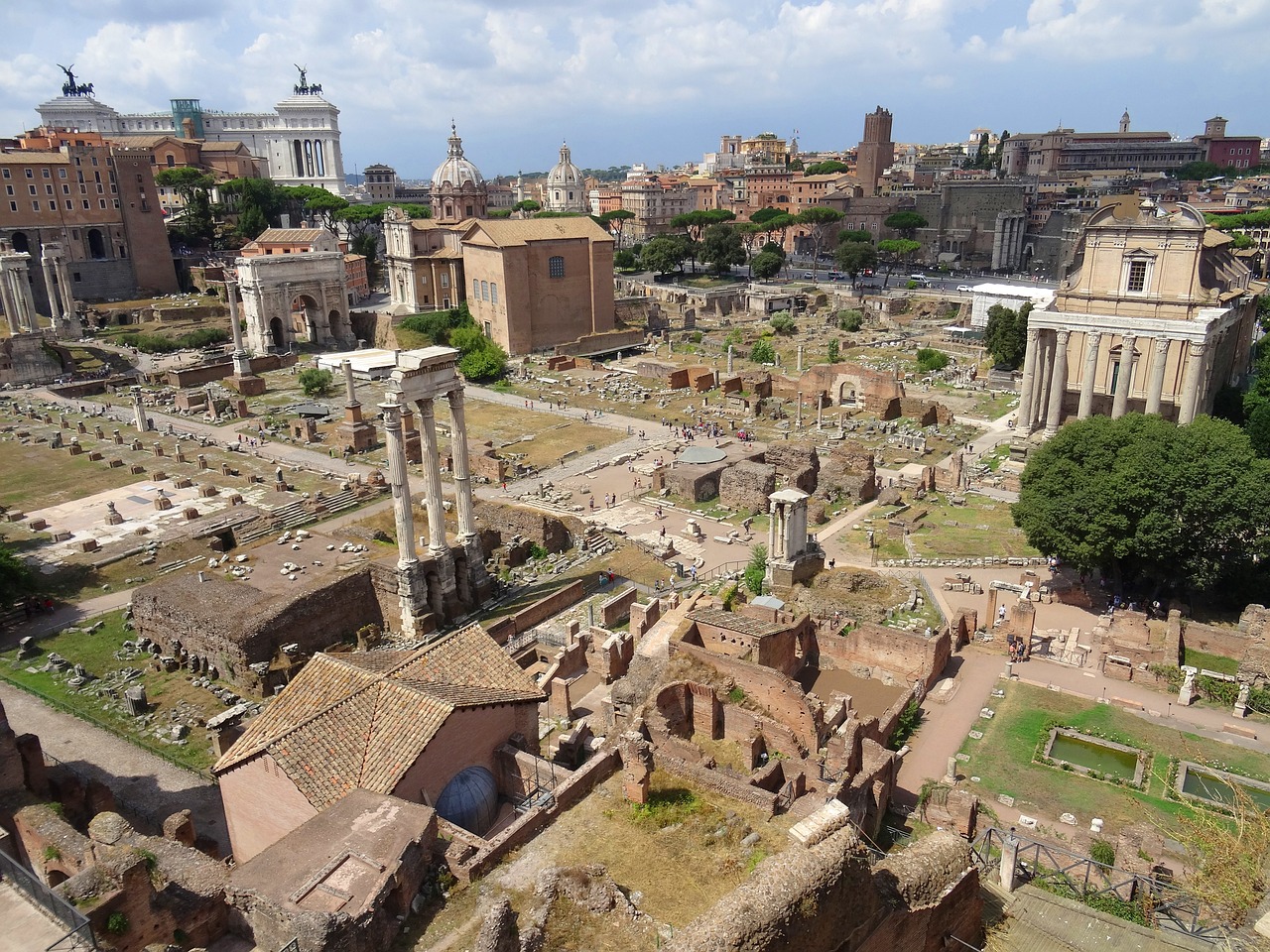
Cultural Achievements
When it comes to Domitian's cultural achievements, one cannot overlook his significant contributions that left a lasting impact on Roman society. Domitian, despite his controversial reputation, was a patron of the arts, literature, architecture, and entertainment, which played a crucial role in shaping the cultural landscape of his era.
One of the most notable aspects of Domitian's cultural legacy was his support for literature and the arts. He sponsored poets, writers, and philosophers, encouraging the flourishing of intellectual pursuits in Rome. This patronage not only enriched the literary scene but also contributed to the preservation of Roman cultural heritage.
Furthermore, Domitian's architectural projects were grand and ambitious, showcasing his desire to leave a mark on the cityscape of Rome. The construction of the Domitian Stadium, now known as the Piazza Navona, stands as a testament to his architectural vision and commitment to enhancing the urban environment.
In addition to his support for the arts and architecture, Domitian was also known for his lavish spectacles and gladiatorial games. These extravagant events, held in the Colosseum and other arenas, were not only a form of entertainment but also a means of reinforcing his authority and popularity among the Roman populace.
Overall, Domitian's cultural achievements reflect his ambition to promote and celebrate the richness of Roman civilization. Despite the controversies surrounding his reign, his contributions to the cultural sphere endure as a testament to his legacy as a complex and multifaceted ruler.
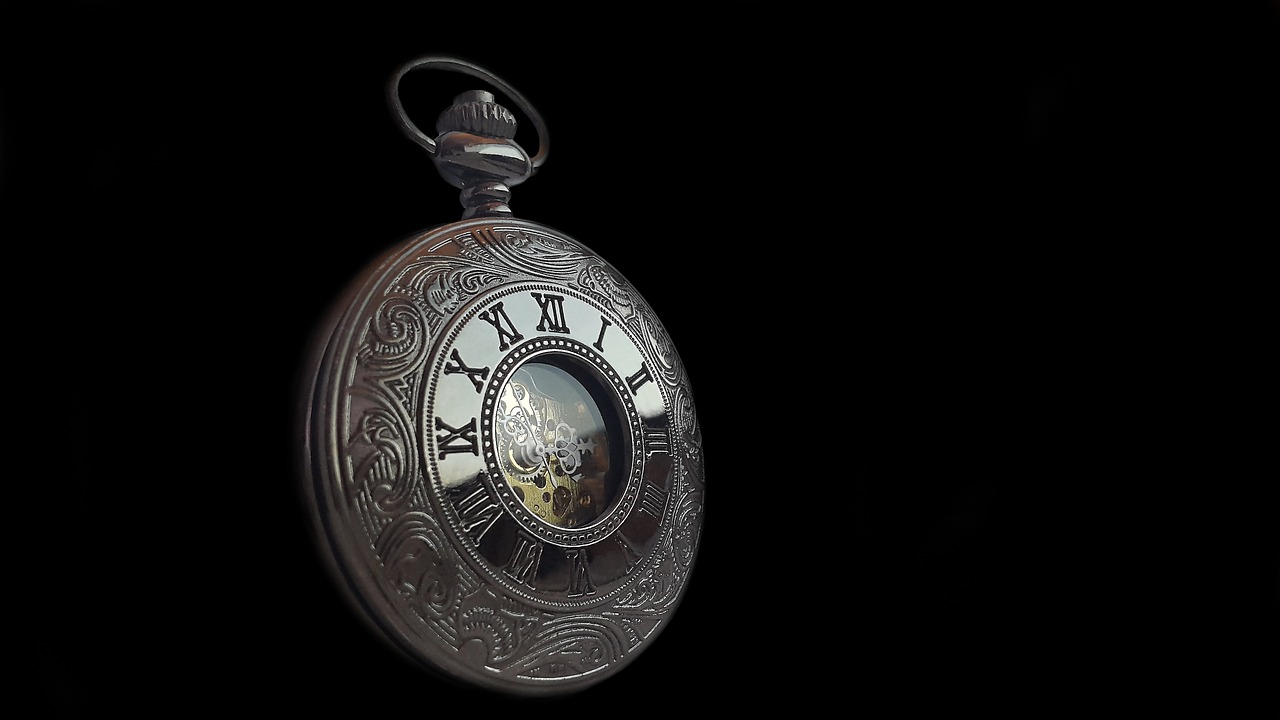
Legacy of Domitian
Domitian's legacy is a complex tapestry woven with threads of both admiration and criticism. Despite his autocratic rule and harsh policies, his reign left a lasting imprint on the Roman Empire that reverberated through the corridors of power long after his death. One of the most significant aspects of Domitian's legacy was his impact on subsequent emperors and the governance structures of the empire. His centralized authority and emphasis on imperial power set a precedent for future rulers, shaping the trajectory of Roman governance for years to come.
Furthermore, Domitian's cultural patronage and architectural projects contributed to the rich tapestry of Roman art and architecture. His support for literature, arts, and public works projects not only embellished the city of Rome but also influenced the cultural landscape of the empire. The grandeur of the Flavian Amphitheater, known as the Colosseum, stands as a testament to Domitian's architectural ambitions and enduring legacy in the realm of construction.
Despite his contributions to Roman culture and governance, Domitian's legacy is also marred by accusations of tyranny and oppression. His authoritarian rule and conflicts with the Senate left a stain on his reputation, with many historians painting him as a ruthless despot. The Senate's damnatio memoriae, an official condemnation of his memory, reflects the contentious nature of his reign and the mixed sentiments surrounding his legacy.
In modern historical perspectives, scholars continue to debate the nuances of Domitian's reign, reassessing his policies and achievements in a more balanced light. While some view him as a tyrant who trampled on the liberties of his subjects, others highlight his efforts to strengthen the empire and promote stability. The legacy of Domitian serves as a cautionary tale of the complexities of power and the enduring impact of individual rulers on the course of history.
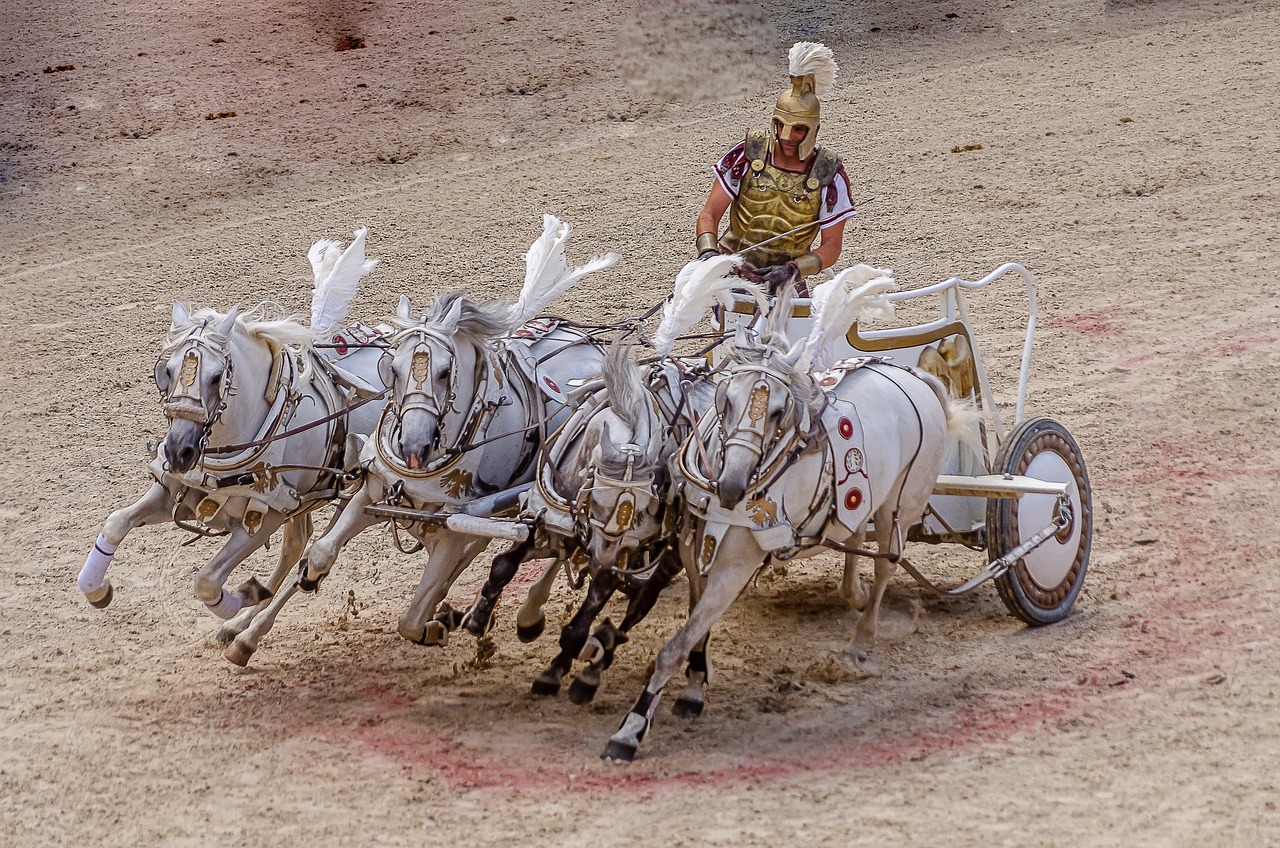
Assassination of Domitian
After years of wielding absolute power as the Roman Emperor, Domitian's reign came to a sudden and violent end with his assassination. The circumstances surrounding his death remain shrouded in mystery and intrigue, sparking numerous theories and speculations among historians and scholars.
On September 18, 96 AD, Domitian was assassinated in his palace, the victim of a conspiracy orchestrated by members of his own court. Among the key conspirators were his wife, Domitia, and several high-ranking officials who saw the Emperor's autocratic rule as a threat to their own positions of power.
The motives behind the plot to assassinate Domitian were multifaceted, ranging from political rivalries and personal grievances to concerns over the Emperor's increasingly tyrannical behavior. Domitian's oppressive policies and ruthless suppression of dissent had alienated many within the Roman elite, paving the way for a clandestine plot to remove him from power.
Following Domitian's assassination, chaos and uncertainty gripped Rome as the news of the Emperor's death spread throughout the city. The Senate, long at odds with Domitian's authoritarian rule, seized the opportunity to restore the traditional Republican form of government, marking the end of the Flavian dynasty.
Despite his controversial legacy as a ruthless autocrat, Domitian's assassination marked a turning point in Roman history, ushering in a period of political upheaval and transition. The repercussions of his death reverberated throughout the Empire, shaping the course of events in the years to come.

Historical Perspectives on Domitian
Historical perspectives on Domitian have been varied and often contentious, reflecting the complexity of his reign and the diverse interpretations of his actions. While some historians portray Domitian as a ruthless tyrant who oppressed the Roman people and undermined the traditional values of the Republic, others argue that his authoritarian rule was necessary for maintaining stability and order in a tumultuous period.
One common criticism of Domitian is his strained relationship with the Senate, which led to conflicts and power struggles that ultimately culminated in his assassination. His efforts to centralize power and assert his authority over the aristocracy were viewed as threats to the established political order, earning him a reputation as a despotic ruler.
However, recent scholarship has sought to reassess Domitian's legacy in a more nuanced light, highlighting his contributions to the cultural and architectural development of Rome. Despite his autocratic tendencies, Domitian was a patron of the arts and literature, promoting creativity and innovation in various artistic endeavors.
Moreover, some historians argue that Domitian's military campaigns and efforts to expand the Roman Empire were driven by a desire to secure the borders and protect the interests of the state. His victories in conflicts against external threats were seen as crucial for maintaining the integrity and strength of the empire.
In evaluating historical perspectives on Domitian, it is essential to consider the biases and agendas of the sources, as well as the broader context of the Roman Empire during his reign. While opinions on Domitian may vary, one thing is certain: his legacy continues to spark debates and discussions among scholars and history enthusiasts alike.
Frequently Asked Questions
- 1. What were Domitian's main accomplishments during his reign?
Domitian achieved several notable accomplishments during his rule, including significant military victories in Germany, Dacia, and Britannia, as well as implementing economic reforms and public works projects that benefited the Roman Empire.
- 2. How did Domitian's relationship with the Senate impact his rule?
Domitian's strained relationship with the Senate, characterized by conflicts and power struggles, led to a more autocratic style of governance as he sought to assert his authority over the political elite, influencing his policies and decisions.
- 3. What is the legacy of Domitian and how is he viewed in historical perspectives?
Domitian's legacy is complex, with differing historical perspectives portraying him as both a tyrant and a capable ruler. His reign left a lasting impact on subsequent emperors and Roman society, shaping governance structures and cultural developments.






